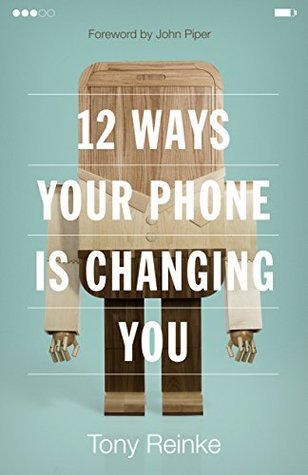More on this book
Community
Kindle Notes & Highlights
the more addicted you become to your phone, the more prone you are to depression and anxiety, and the less able you are to concentrate at work and sleep at night.
our online communities of like-minded friends are often marked by a “positive feedback loop,” where “affirmation and assent merely reinforce existing prejudices. In such contexts, communities become insular, echo chambers of accepted opinion, closed to opposing voices,” which means they breed a “homeostatic stifling of difference.”
We fear one another, and we want admiration from one another, so we cultivate an inordinate desire for human approval through our social media platforms. For those of us who struggle here, Jesus’s warning is very clear: “Whoever loves [his social network] more than me is not worthy of me” (Matt. 10:37).
Before you text, tweet, or publish digital art online, honestly ask yourself: Will this ultimately glorify me or God? Will this stir or muffle healthy affections for Christ? Will this merely document that I know something that others don’t? Will this misrepresent me or is it authentic? Will this potentially breed jealousy in others? Will this fortify unity or stir up unnecessary division? Will this build up or tear down? Will this heap guilt or relieve it? Will this fuel lust for sin or warn against it? Will this overpromise and instill false hopes in others?
If idols shape us, unhealthy phone patterns are bound to be reflected in our relationships. Our digital interactions with one another, which are often necessarily brief and superficial, begin to pattern all our relationships. When our relationships are shallow online, our relationships become shallow offline.
“The real danger with Facebook is not that it allows us to isolate ourselves, but that by mixing our appetite for isolation with our vanity, it threatens to alter the very nature of solitude.”


